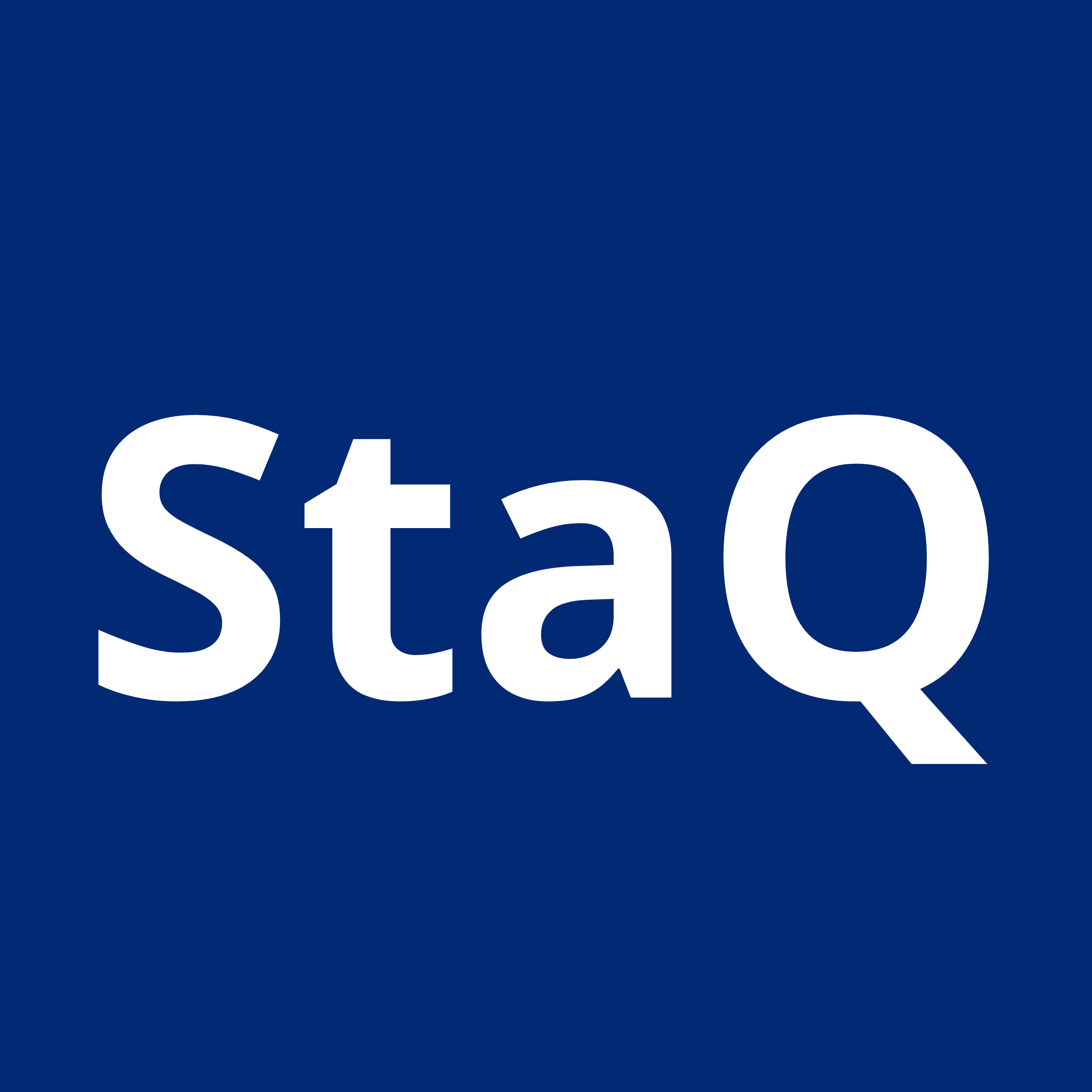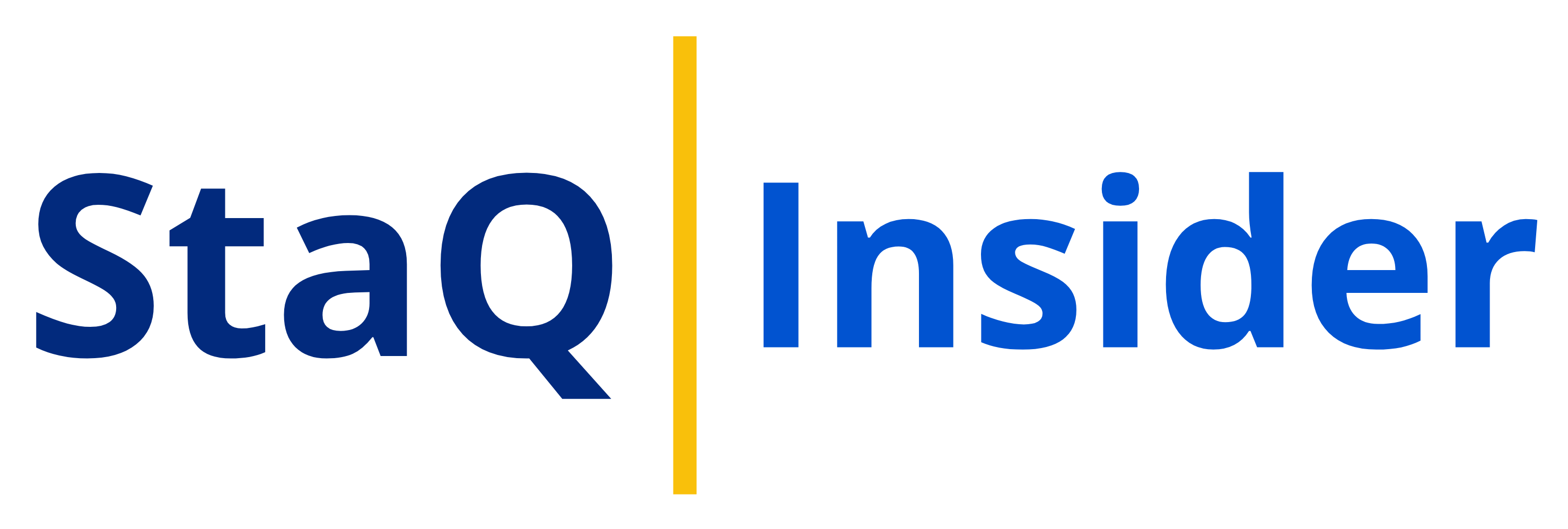As a startup founder, you’re no stranger to juggling countless tasks – from developing your product to managing teams and everything in between. With so much on your plate, busy work can quickly become a productivity killer. That’s where SaaS tools come in. By harnessing the power of these cloud-based solutions, you can streamline operations, boost efficiency, and unlock a whole new level of growth potential.
Keep reading, and we’ll show you exactly how to leverage SaaS tools to streamline your operations and propel your startup to success!
What are SaaS Tools?
SaaS, or Software as a Service, refers to cloud-based software applications that are accessed and used over the internet, rather than being installed on local computers or servers. SaaS tools are hosted and maintained by the software provider, and users can access them through a web browser or a lightweight application.
The SaaS delivery model is based on a subscription or pay-as-you-go pricing model, eliminating the need for expensive upfront licensing fees and hardware investments.
This cloud-based approach offers several key benefits for startups:
-
Affordability: Lower upfront costs and predictable recurring fees.
-
Scalability: Easy to scale usage up or down as needed.
-
Quick Implementation: Designed for rapid deployment.
-
Automatic Updates: Software provider handles updates and maintenance.
-
Accessibility: Access from any device with an internet connection.
-
No Hardware Costs: No need for expensive hardware or servers.
-
High Availability: Cloud-based for reliable uptime and data backup.
-
Frequent Feature Releases: New features and improvements are rolled out regularly.
-
Integrations: Many SaaS tools integrate with other popular applications.
-
Remote Collaboration: Enables teams to work together from anywhere.
By leveraging SaaS tools, startups can streamline operations, automate busywork, and benefit from enterprise-grade capabilities without the associated costs and complexities of traditional software.
Key Business Operations Streamlined by SaaS Tools
The beauty of SaaS tools lies in their ability to automate repetitive tasks across various aspects of your startup. Let’s delve into how these tools can revolutionize your workflow and free up valuable time for strategic thinking.
-
Project Management:
Imagine a world where task delegation, deadline tracking, and team communication happen effortlessly. Popular project management tools like Asana, Trello, and monday.com bring that vision to life. These platforms offer features like:
- Task Lists & Boards: Visually organize tasks, set deadlines, and assign them to team members.
- Kanban Boards: Move tasks through different stages (e.g., To-Do, In Progress, Done) for a clear project overview.
- File Sharing & Collaboration: Share documents, collaborate on projects in real-time and keep everyone on the same page.
- Communication Tools: Integrate communication channels like Slack or Microsoft Teams directly within the project management platform, fostering seamless collaboration.
-
Finance & Accounting:
Managing your finances is essential for any startup. FP&A tools like FreshBooks and Xero make it easy to:
- Track Income & Expenses: Keep track of your income, expenses, and invoices, simplifying your financial reporting.
- Automated Invoicing: Create and send professional invoices electronically, ensuring faster payments and smoother financial management.
- Expense Tracking: Easily track your business expenses with features like receipt scanning and automatic categorization.
-
Customer Relationship Management (CRM):
Building strong customer relationships is vital for any business. CRM software is your secret weapon for managing leads, nurturing relationships, and closing deals. Popular options like Salesforce and HubSpot offer features like:
- Lead Capture & Management: Capture leads from various sources, track interactions, and qualify them for sales outreach.
- Sales Automation: Automate repetitive tasks like sending emails and follow-ups, streamlining your sales process.
- Deal Management: Track deals, manage pipelines, and forecast sales to close more deals and boost revenue.
- Customer Service Integration: Integrate your CRM with customer support tools for a holistic view of your customer interactions.
-
Marketing Automation:
Marketing a startup can be time-consuming. Marketing automation tools help you streamline repetitive tasks and reach your target audience effectively. Here are some popular options and their functionalities:
- Email Marketing Automation: Tools like Mailchimp and ActiveCampaign let you create automated email sequences, nurture leads, and send targeted campaigns.
- Social Media Scheduling: Platforms like Hootsuite and Buffer allow you to schedule social media posts in advance, freeing up your time for content creation.
- Content Marketing Management: Tools like ContentCal help manage your content calendar, schedule blog posts, and collaborate with content creators.
-
Design & Development:
From crafting stunning visuals to managing code efficiently, Design tools cater to your design and development needs:
- Design Tools: Canva and Figma are perfect for creating professional-looking graphics, presentations, and prototypes without needing extensive design expertise.
- Developer Tools: Platforms like Github are a must-have for developers. They facilitate version control, code collaboration, and streamline the development process.
-
Human Resources (HR):
Building a talented team is essential for any startup’s success. HR management tools like BambooHR and Zenefits can streamline your HR processes, freeing you up to focus on attracting and retaining top talent. These tools allow you to:
- Automated Onboarding: Simplify the onboarding process for new hires with automated workflows for tasks like paperwork completion and benefits enrollment.
- Performance Management: Facilitate effective performance management with tools for setting goals, tracking progress, and providing feedback.
- Payroll & Benefits Management: Streamline payroll processing and benefits administration, ensuring your employees are paid accurately and on time.
-
Data Analytics & Business Intelligence (BI):
Data is the lifeblood of any successful business. Data analytics and BI tools like Google Analytics and Tableau empower you to:
- Track Key Performance Indicators (KPIs): Gain valuable insights into your business performance by tracking key metrics like website traffic, customer acquisition costs, and sales conversion rates.
- Data Visualization: Turn complex data sets into easy-to-understand dashboards and reports, allowing you to identify trends, make informed decisions, and optimize your business strategies.
- Customer Segmentation: Segment your customer base based on demographics, behavior, and preferences, enabling you to create targeted marketing campaigns and personalize the customer experience.
-
Security & Compliance:
Protecting your data and ensuring compliance with regulations is crucial for any business. Security and compliance tools like LastPass and Dropbox Business help you:
- Password Management: Implement secure password management practices with tools that store and manage passwords for your team.
- Data Encryption: Encrypt sensitive data at rest and in transit, safeguarding your valuable information from cyber threats.
- Compliance Management: Manage compliance with industry regulations by automating tasks like data breach reporting and access control protocols.
-
Communication & Collaboration:
Staying connected with your team and fostering a collaborative environment are crucial for startup success. Here’s how SaaS tools can help:
- Communication Platforms: Slack and Microsoft Teams provide a central hub for internal communication. Share messages, files, and updates instantly, keeping everyone in the loop.
- Video Conferencing: Tools like Zoom and GoToMeeting offer seamless online meetings and video conferencing, fostering remote collaboration and eliminating geographical barriers.
-
Customer Support:
Providing exceptional customer support is key to building brand loyalty. Tools like Zendesk and Help Scout empower you to:
- Ticketing System: Manage customer inquiries efficiently with a centralized ticketing system for tracking and resolving issues.
- Live Chat Support: Offer real-time customer support through live chat functionality, enhancing customer satisfaction.
- Self-Service Knowledge Base: Create a self-service knowledge base with helpful articles and FAQs, empowering customers to find solutions independently.
This vast array of SaaS tools empowers startups to automate repetitive tasks, streamline workflows, and free up valuable time to focus on strategic growth and innovation. By leveraging the right tools, you can build a more efficient, collaborative, and customer-centric startup.
How to Choose the Most Effective SaaS Tools for Your Startup
The world of SaaS (Software as a Service) is a treasure trove of tools designed to streamline your startup’s operations. But with so many options, how do you pick the ones that truly make a difference? Here’s your guide to finding the most effective SaaS tools for your growing business:
-
Know Thyself: Identify Your Needs:
Before diving headfirst into the vast SaaS ocean, take a step back and identify your startup’s specific needs.
-
What are your core business functions?
-
What repetitive tasks are slowing you down?
-
Are there communication gaps within your team?
By understanding your pain points, you can target SaaS solutions that directly address those challenges.
-
-
Embrace the Power of Trial and Error (Without the Error)
Most SaaS platforms offer free trials or freemium plans. Take advantage of these! Test-drive different tools to see which ones have the most intuitive interface, offer the features you need, and integrate seamlessly with your existing workflows.
-
The Future is Scalable: Consider Growth Potential
Don’t get caught in a dead-end with a tool that can’t keep up with your startup’s growth. Choose SaaS solutions that are scalable, meaning they can adapt to your increasing needs as you expand your team and operations.
-
Integration is King (and Queen): Seamless Connections Matter
Imagine a world where your data flows freely between all your tools. Look for SaaS solutions that offer robust integrations with other popular platforms. This eliminates the need for manual data entry and ensures a more streamlined workflow.
-
Security Shouldn’t Be an Afterthought: Protecting Your Data
We live in a digitally connected world where data security is paramount. Choose SaaS providers with strong security practices and features such as data encryption and multi-factor authentication.
Bonus Tip: Harness the Power of a SaaS Marketplace
Here at StaQ.ai, we understand the challenges of navigating the SaaS landscape. We offer a curated selection of top-rated tools across various categories, along with user reviews, expert recommendations, and comparison tools to simplify your search.
By following these steps and leveraging the resources available, you can choose the most effective SaaS tools to empower your startup and propel it toward success. Remember, the right SaaS solutions are an investment in your business’s future, allowing you to automate the busywork and focus on what you do best – making your startup dreams a reality.





